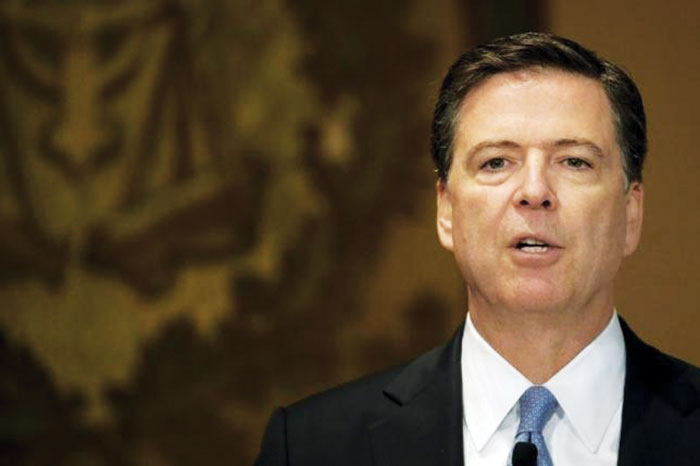
WASHINGTON, D.C. — Muslim Americans have repeatedly informed authorities of fellow Muslims they fear might be turning to extremism, law enforcement officials said.
FBI director James Comey said, “They do not want people committing violence, either in their community or in the name of their faith; and so some of our most productive relationships are with people who see things and tell us things who happen to be Muslim.
“It’s at the heart of the FBI’s effectiveness to have good relationships with these folks,” Comey said at a press conference following the Orlando shootings.
Andrew Ames, a spokesman for the FBI’s Washington field office, told Reuters on Wednesday that the agency has a “robust” relationship with the local Muslim community. FBI agents operating in the area have received reports about suspicious activity and other issues from community members.
Michael Downing, deputy chief of the Los Angeles Police Department and head of its Counterterrorism and Special Operations Bureau, said the city’s Muslim community has been cooperative in reporting “red flags.”
“I personally have been called by community members about several things, very significant things,” Downing told Reuters. “What we say to communities is that we don’t want you to profile humans, we want you to profile behavior.”
Charles Kurzman, a professor at the University of North Carolina, Chapel Hill, who has conducted several studies on Muslim-Americans and terrorism, disputed Trump’s criticism.
“To claim there is no cooperation is false and defamatory to the Muslim-American community,” Kurzman said.
Kurzman said a January study by himself and colleagues at Duke University’s Triangle Center on Terrorism and Homeland Security found that many law enforcement agencies had made progress in establishing trust with local Muslim-American communities.
But the study also found some tensions. In one focus group described in the study, Muslim American participants debated when to report activity when they were unsure how to detect imminent violence.
“The group participants expressed concern that police would be more likely to encourage a plot in order to make an arrest,” the authors wrote, “rather than to divert people onto a nonviolent path that community members and family members would prefer.”
One imam interviewed for the project told researchers he felt that his “trust is not being reciprocated” by government officials.
The imam told the researchers that after he attended a meeting with federal law enforcement officials designed to increase cooperation, he went to the local airport, was held for hours at security and missed his flight.






Leave a Reply